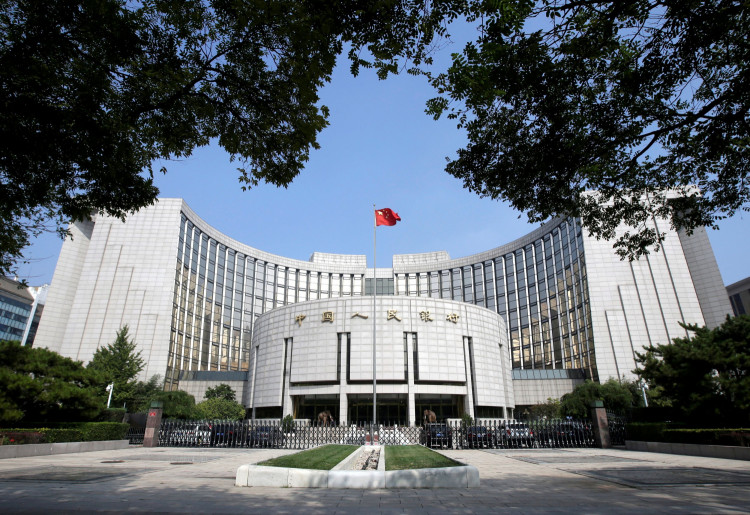In order to assist the slowing economy, China would keep liquidity robust and lower funding costs, particularly for small businesses, a central bank official said on Tuesday.
According to Zou Lan, head of financial markets at the People's Bank of China (PBOC), the central bank would strengthen interest rate adjustments and improve rate transmission to further reduce borrowing costs.
His remarks come after Premier Li Keqiang stated the government should reject a "one-size-fits-all" approach to boosting economic growth.
"Faced with new downward growth pressures, the PBOC appears willing to increase its easing bias if necessary," Mizuho analysts wrote in a note.
After Reuters reported that several Chinese banks had been directed by financial regulators to offer more loans to property firms for project development, real estate developers rose 1% after a 4% drop the previous day.
The change was intended to relieve some of the industry's liquidity constraints, but officials have yet to officially signal that they will loosen the "three red lines," and Nomura said it did not see a significant adjustment in present property restrictions.
On Monday, China's cabinet announced that it would provide financial assistance to small enterprises affected by rising raw material prices, electricity shortages, and recent COVID-19 outbreaks.
Since early last year, Chinese officials have announced a slew of policies to help small enterprises, which are critical for growth and job creation but have been hit particularly hard by the pandemic.
"Recently, small- and medium-sized firms' costs have increased, and challenges in their operations have worsened," the cabinet said, citing rising raw material prices, weak orders, high logistical costs, and power outages as examples.
Local governments would provide relief funding, as well as tax incentives, for small businesses that are momentarily experiencing difficulties but have long-term market potential, innovative initiatives, and competitive technology, according to the report.
In October, the weighted average lending rate for small businesses was 4.95%, down 0.14 percentage points from December 2020, Zou said.
At the end of October, outstanding loans for small businesses totaled 18.6 trillion yuan ($2.91 trillion), up 26.8% from a year earlier, he said.
In accordance with market predictions, China kept its benchmark lending rates for corporate and household loans unchanged for the 19th month at its November fixing on Monday.
China's cabinet declared that illicit practices such as hoarding and speculating on commodity prices would be prosecuted, and that futures companies should assist small businesses in hedging risks from price swings.





